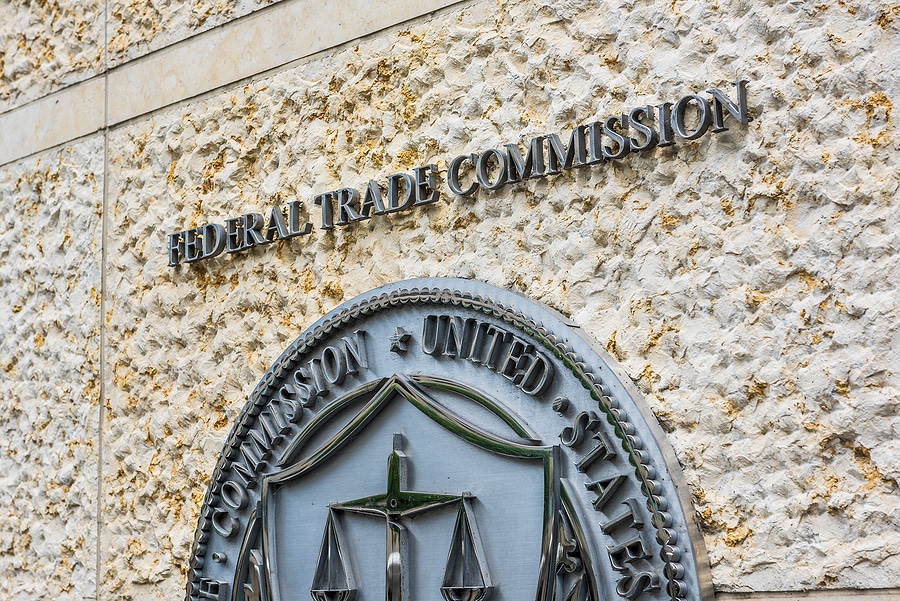
FTC Faces Industry Pushback in Negative Option “Click to Cancel” Rule-Making Hearing
Source: FTC In a closely watched live-streamed administrative hearing today, the Federal Trade Commission (FTC) met resistance from various industry leaders during discussions on proposed amendments to the negative option rule-making proceeding, number P 064202. The session, presided by Judge Pollack, along with Ben Russo from the Office of Administrative Law Judge, saw representatives from the Interactive Advertising Bureau (IAB), the National Cable & Telecommunications Association (NCTA), ...
HELLO!
This premium article is exclusively reserved for Subscription Insider PRO members.
Want access to premium member-only content like this article? Plus, conference discounts and other benefits? We deliver the information you need, for improved decision-making, skills, and subscription business profitability. Check out these membership options!
Learn more about Subscription Insider PRO memberships!
Already a Subscription Insider PRO Member?
Please Log-In Here!
- Filed in Assocations, Auto-renew Subscription, Business Media and Publishing, Business Services, Clubs, Consumer Media and Publishing, Consumer Services, Data and IoT, Direct-to-Consumer, Entertainment and Streaming, Learning and Training, Magazines, Memberships, Newsletters, Regulation and Compliance, SaaS and Cloud Services, Start Here, Subscriber Only, Subscription Apps, Subscription Boxes, Subscription Gaming









